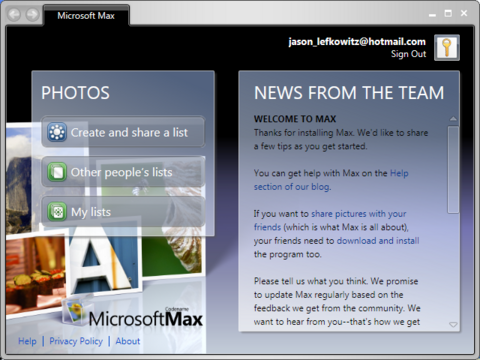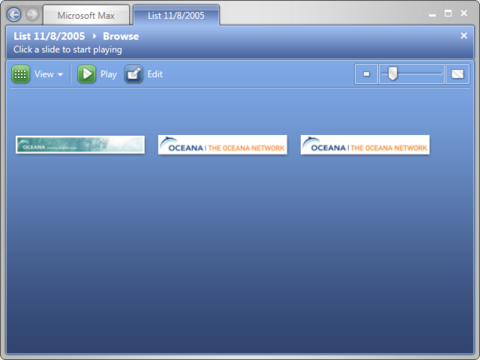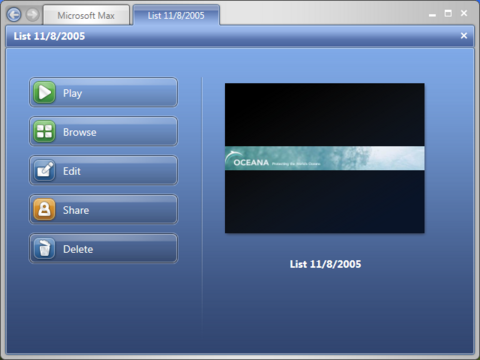Why War Made No Sense
Well, it looks like the question of “to pull out or not to pull out” may have been settled — with the only remaining question being what fig leaf we will use to cover ourselves as we back away.
If we are indeed nearing the end of this ill-advised sojourn into Middle Eastern politics, I’d like to pull back and explain at a higher level why the intervention was a bad idea from the start. Three years ago, I laid out the case against war at the nitty-gritty level, but now I’d like to address the issue from the grand-strategic level.
Probably the biggest mistake America has made (over and over again) over the last 50-100 years is to view war as just another tool in the foreign-policy toolbox, to be pulled out whenever useful. This is a deeply flawed conception. War is not a gambit. When you enter into armed conflict, you are opening Pandora’s box.
Why? Because war is the consensual repeal of civilization. War is a condition where all parties involved set aside the normal laws, rules, standards and folkways that govern and restrain their conduct, and choose instead to revert back to the single Prime Directive of the jungle — the strong lead, the weak follow. This is the only true law of war: he who is strongest makes the law.
When that happens, you open yourself up to all sorts of possibilities that are not possible when civilization is in place. Maybe your opponent is stronger than you think. Maybe he’s not, but he is cleverer than you are and can make better use of his limited strength. Maybe he knows of a fatal flaw in your plans and defenses that you do not. Maybe Fate will step in and turn what should be certain victory into headlong rout.
The only thing that is certain in war is uncertainty. There’s an old military saying that “no plan survives contact with the enemy”, and that is truer than we like to think, with all our sophisticated computer models and whiz-bang weapons. When all parties agree to be governed by rules, the outcomes are constrained; when you leave the arena of civilization and enter the arena of conflict, anything can happen.
So what does this have to do with Iraq?
America is currently the most powerful nation on Earth — and maybe the most powerful nation in history. We’re sitting at the top of the heap. This was true before we invaded Iraq, and it’s true today.
This simple fact makes the Pandora’s-box problem more acute for us than for any other nation. When you are the dominant power, the preservation of the status quo is directly in your interest; after all, the status quo is for you to dominate.
With all the uncertainties it brings, war poses a direct risk to the continuation of the status quo. The best possible outcome of war for a dominant power is that it will continue to dominate — in other words, that nothing will change. On the flip side, there are lots of ways the conflict can spin out of control and lead to you being knocked off the heap altogether. (Ask the Austro-Hungarian Empire how that works.)
In other words, the dominant power has more to lose from repealing civilization than does anyone else, and less to gain.
This makes war a prospect that a sensible dominant power should be very judicious about considering. Each time the guns come out, you are risking your status on the world stage, and all the prosperity and power that comes with it. Is the objective worth it? Will you win something so valuable it is worth placing all your assets on it? Have you considered what you will do if you roll snake-eyes?
This is the great failure of our leadership in the Iraq crisis. They threw us into a war to solve a problem — the brutal reign of Saddam Hussein — that posed no direct threat to America or her strategic position in the world. And they compounded their error by being too inflexible to respond with alacrity when the situation spiraled away from their planned outcome into a messier, more protracted conflict.
The results are all around us. Jihadists have seen that the American military machine can be successfully confronted, and have learned new tactics that limit the effectiveness of our most powerful striking arms (aviation, artillery, and armor). Non-aligned nations of the world see our cause as a flagging one and rethink the utility of standing with the United States. Huge deficits caused by war expenses threaten our prosperity and tie our hands to act elsewhere in the world. And our citizenry has been rent asunder by partisanship at the exact moment when we most need to be as one.
Two years ago, we chose to open Pandora’s box. Now we get to see what comes out.












